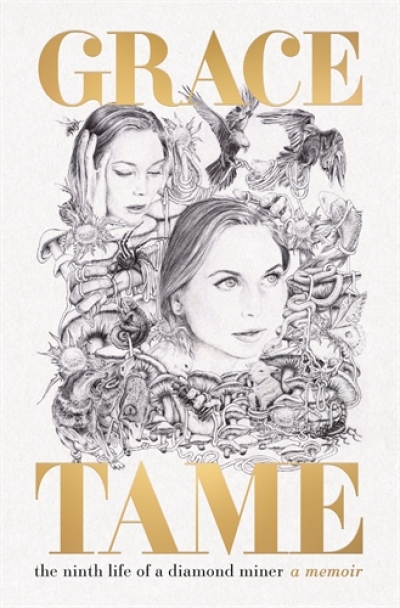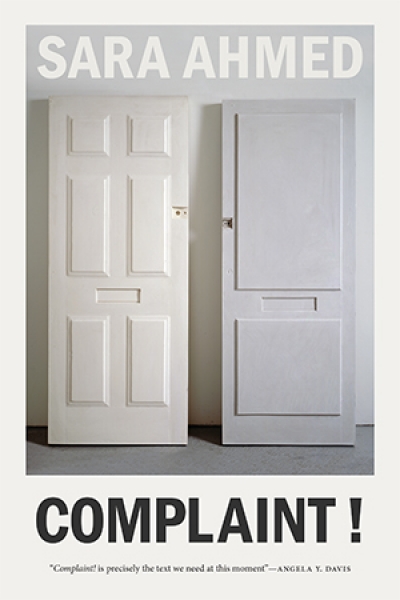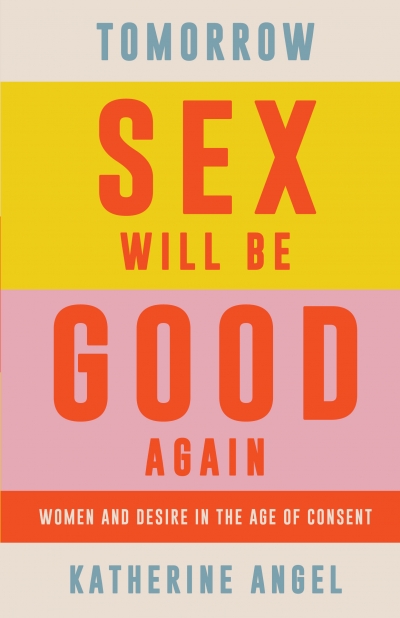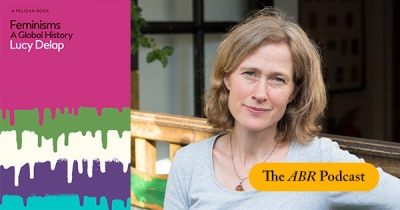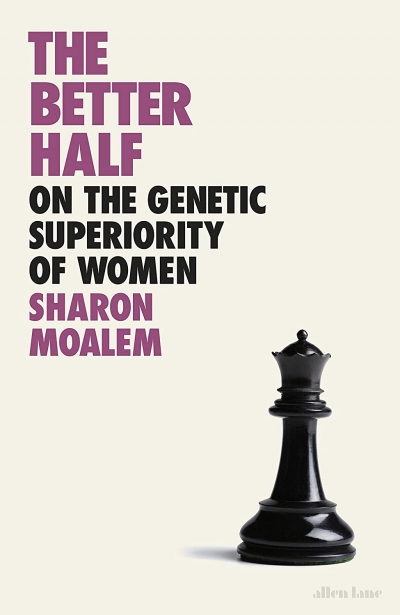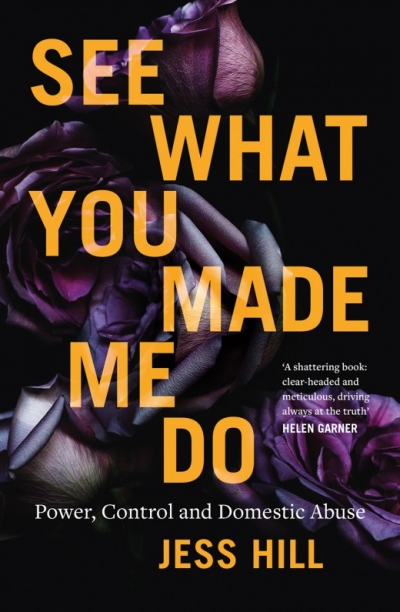Zora Simic
Tomorrow Sex Will Be Good Again by Katherine Angel & Why We Lost the Sex Wars by Lorna Bracewell
by Zora Simic •
Written by award-winning historian Lucy Delap, Feminisms challenges the obfuscating binaries of the 'feminist waves'. Its main focus looks into aspects of feminism that have often been in conflict or overlooked by contemporary movements. Zora Simic reviews the book for our current April issue, and describes it as ‘building on and acknowledging the work of those who came before, while bringing new ideas and energy to the task.' Listen to Zora read her full review in today's episode.
... (read more)The Better Half: On the genetic superiority of women by Sharon Moalem
by Zora Simic •
She Said by Jodi Kantor and Megan Twohey & The Education of Brett Kavanaugh by Robin Pogrebin and Kate Kelly
by Zora Simic •
See What You Made Me Do by Jess Hill & Rape: From Lucretia to #MeToo by Mithu Sanyal
by Zora Simic •
#MeToo: Stories from the Australian movement edited by Natalie Kon-yu et al.
by Zora Simic •

